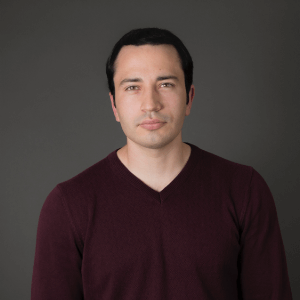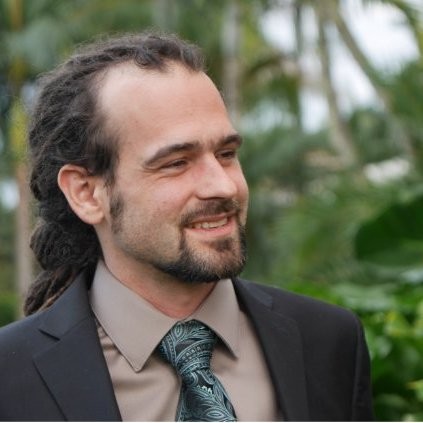Have you ever wondered how speech recognition technology in healthcare can transform your business in a beautiful way?
What if it didn’t have to be that way? Instead of doing a big ordeal – with a doctor’s appointment, waiting in a queue, driving to the chemists, climbing to bed completely exhausted in the end – you could get the medical care needed from your own bedroom coziness?
We are witnessing something profound now. The radical transformation of the way we perceive the entire healthcare journey, and it all comes down to something we use on our daily basis, something that we are born with – our voices.
Due to advances in computer power and AI and natural language processing and understanding technologies we can use our voices and computers can understand what we are saying. We are no longer adapting to computers, the computers are adapting to us.
Voice is efficient, it saves our time. With the help of our voices we can do multitasks, using voice when driving, bathing kids, cooking, etc. Imagine yourself typing, texting, swiping while operating a motor vehicle?
And because it is so compelling we are seeing massive adoption of medical speech recognition software. In fact, devices like this are being adopted a way faster than any consumer technology in our history including the mobile phones! It is especially interesting with kids and eldery people, there is essentially no new technology to learn. If you know how to speak you can use the device.
We would like to invite you to the inspiring Tedy Fisher’s speech on TED Talks on the benefits of voice recognition software. You will definitely enjoy and get motivated!
Brand New Ways For Care Delivery
One area that is being PROFOUNDLY changed is Healthcare. And it is truly fascinating. We are exhumed going to be living in a world of ambient computing. These devices are going to be around listening to what we are saying and being able to respond to us in an intelligent and personal way. We are going to have AI healthcare teams living in our homes.
Let’s say you are home making a salad and you are chopping a nice fresh crunchy cucumber. Chop-chop… you slip and cut your finger. It is not easy to run around digging out your first aid when bleeding. But what if you just had a device and say: “Hey I cut my finger, what do I do?”. And it tells you what to do. The same thing, of course, would apply to other first aid scenarios – insect stings, burns, etc. This can provide you with the information you need. Rapidly. Seamlessly.
Or another example. Imagine you have an aging parent who would like to maintain their independence and live on their own. But they are becoming forgetful, and starting to experience a sense of isolation. How can speech recognition in healthcare help that person? Imagine the device would know when they woke up and say: “Good morning, how did you sleep?” And it would capture that response and, perhaps, share that data with the family, or with the healthcare provider? And it would be their guide through the day with “It’s time for your medication. This is the dose, these are the pills you need, and do not forget about today’s appointments. If you forget, I will remind you later on”. It basically is acting as a care aid for that person, and what is more, it can also be a source of companionship.
There are some studies showing that having such a device at home actually decreases loneliness, and increases a sense of well-being. Imagine if this device can help that person to maintain their independence and live in their home alone that much longer.
DevOps as a ServiceDevOps on autopilot
CTO as a ServiceStregthen your team
Software testingEnsure software quality
Discovery phasePlan your priduct from a to z
Cloud ServicesGeneral information about healthcare cloud services
Google Cloud ServicesEnsuring confidentiality when working with medical systems
AWS Cloud ServicesServices specially designed for the healthcare industry
Microsoft Cloud ServicesPlatform processing, analyzing and sharing medical data




